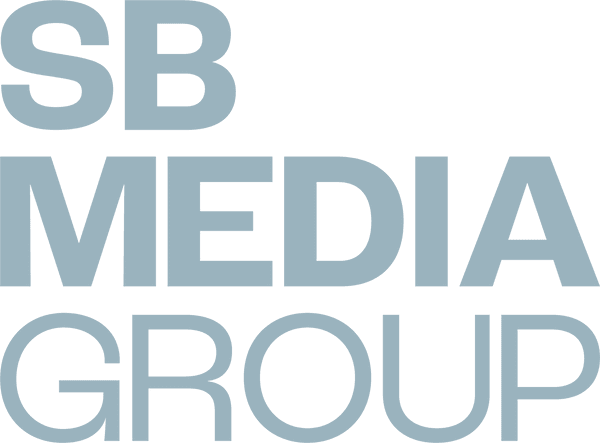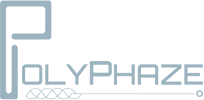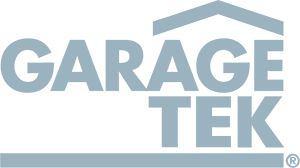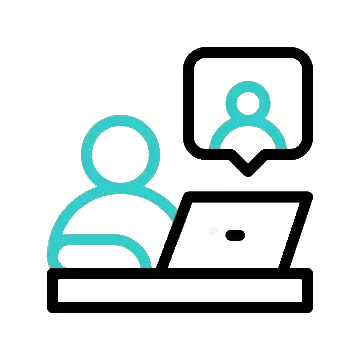Maximize your tax savings with Xendoo’s expert year-round tax preparation services. Our Certified Public accountants (CPAs) will file accurate and on-time tax returns for you.

















From deadlines to deductions, our tax specialists are well-versed in the tax requirements for every business structure, industry, and location. We’ll help you navigate tax season easily and accurately.

Your dedicated tax team keeps everything organized, accurate, and on time, whether you’re filing 1120-S or 1065. Stay ahead of deadlines with support you can trust.

From 1120s to 1040 Schedule Cs, your dedicated tax team handles every requirement with accuracy and care, keeping you organized, compliant, and deadline-ready.

We’re here for all of your personal tax needs, delivering accurate and on-time filings. Handle all business and personal tax filings with one trusted team.
Our CPAs have over
of experience
Saved businesses
in taxes on average
Over
tax returns completed
Starts at
Utilize our business tax services yearly, or as a one-time purchase with no obligation. Our CPA tax experts specialize in maximizing your tax savings for your industry and corporate structure. Xendoo files all necessary tax documents so you can be assured your tax compliant.
Starts at
Xendoo offers personal tax return filing, providing you with the support and expertise to navigate your individual tax needs with ease and confidence.
Starts at
$140 for 15 minutes
Get expert tax guidance from a licensed CPA. Whether you have questions about your business structure, deductions, or filing strategy, we’re here to help you make informed decisions.
From cash-basis reconciliation to accrual-based accounting as your business expands, Xendoo keeps your books accurate and positioned for growth. With bookkeeping, accounting, and tax under one roof, your monthly financials flow directly into tax preparation, so you stay organized, file with confidence, and maximize your tax savings.
Our proprietary technology, Insights XP, gives you 24/7 access to tax-ready financials in one secure mobile app and desktop portal. View monthly profit and loss statements, balance sheets, and month-to-month trends, along with data-driven insights into your business. Staying connected year-round means accurate books, informed decisions, and a smooth tax season.
We provide full-stack financial services to growing businesses. Beyond business tax services, you’ll get access to a team of expert bookkeepers, accountants, and more.